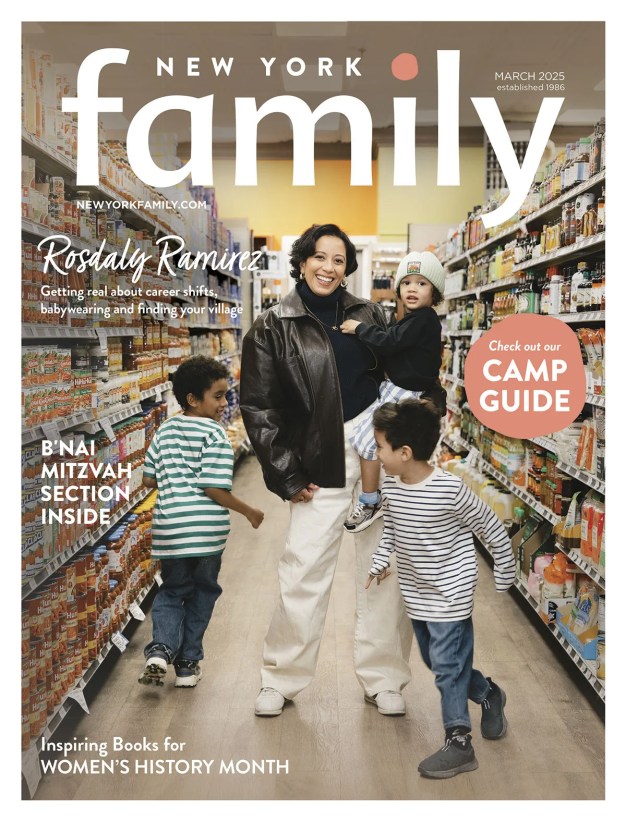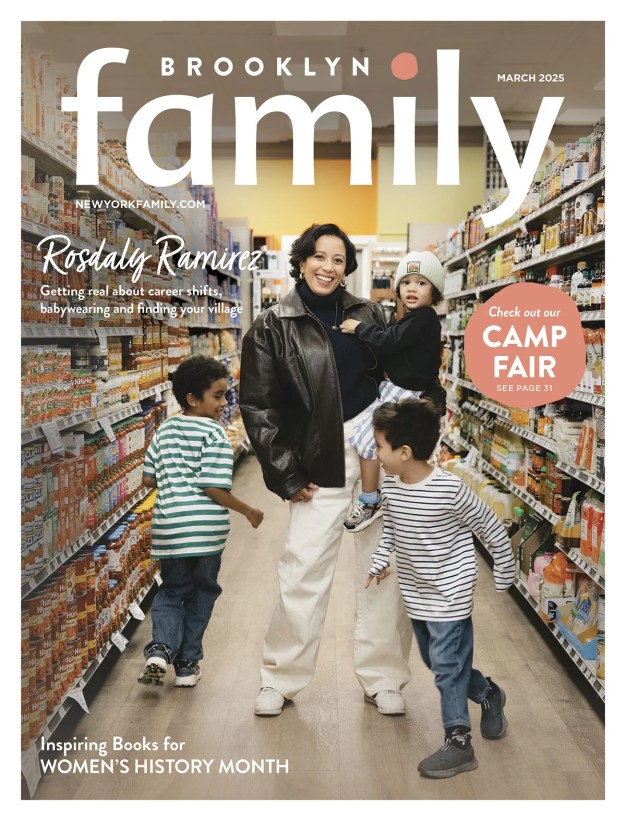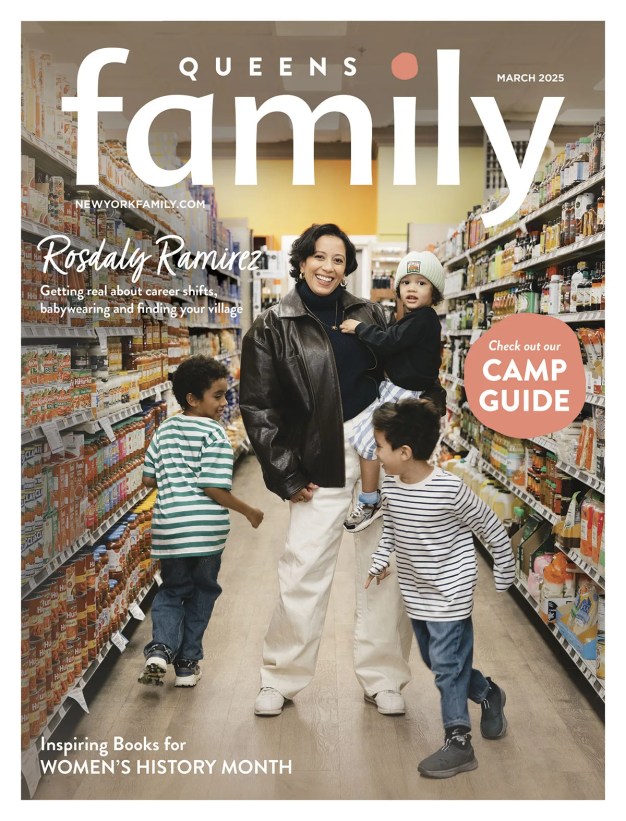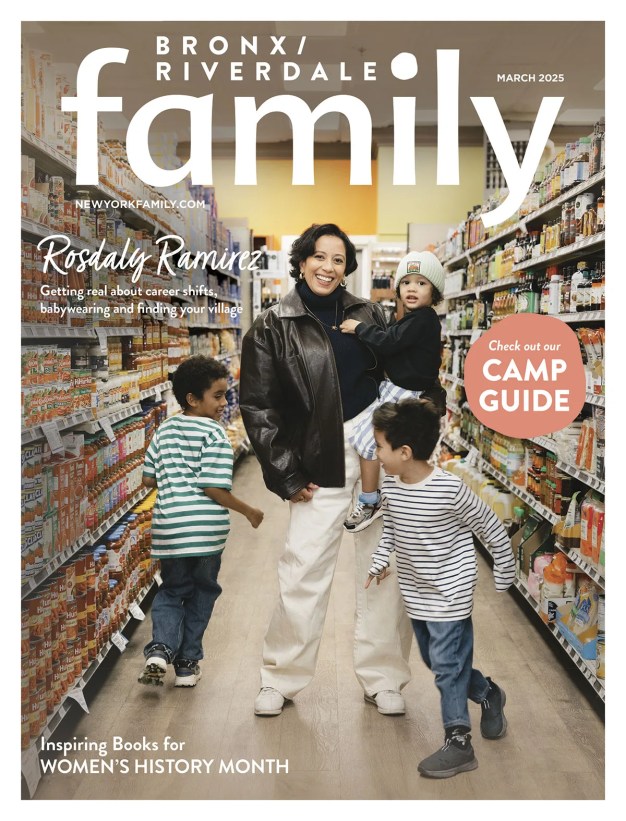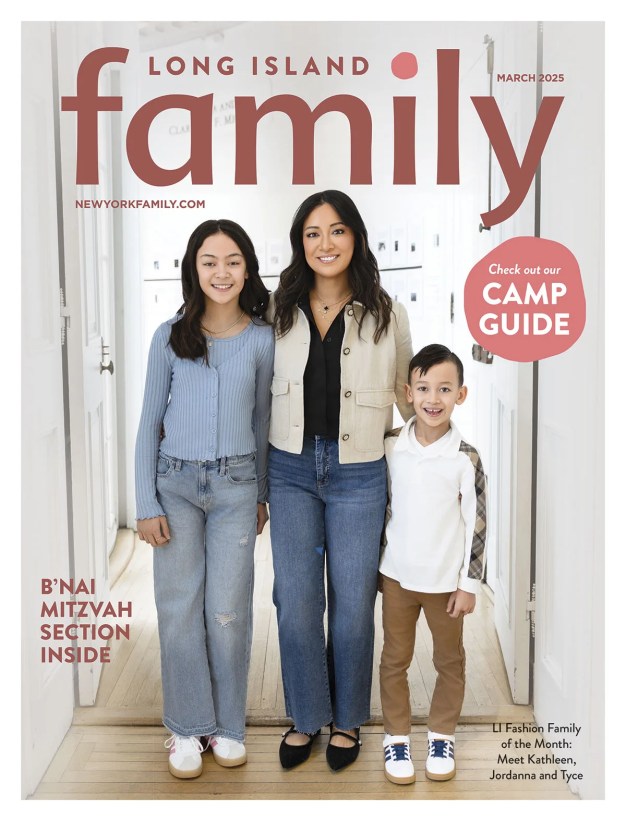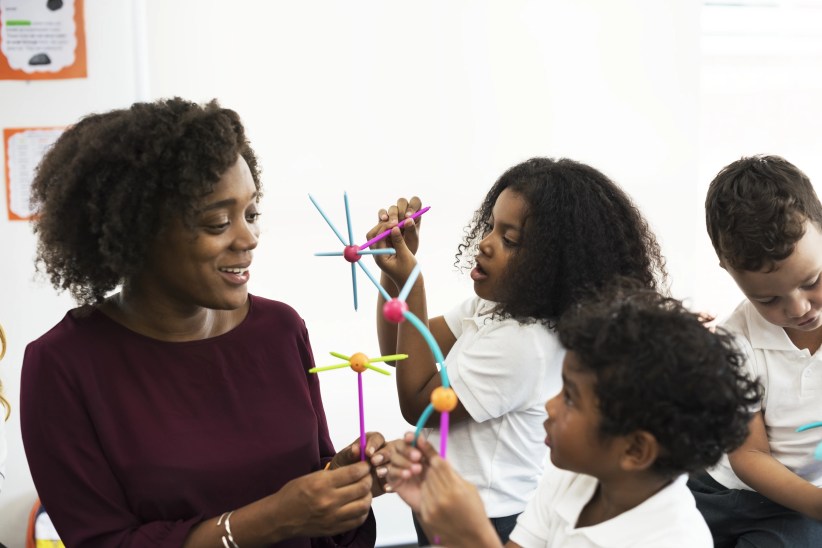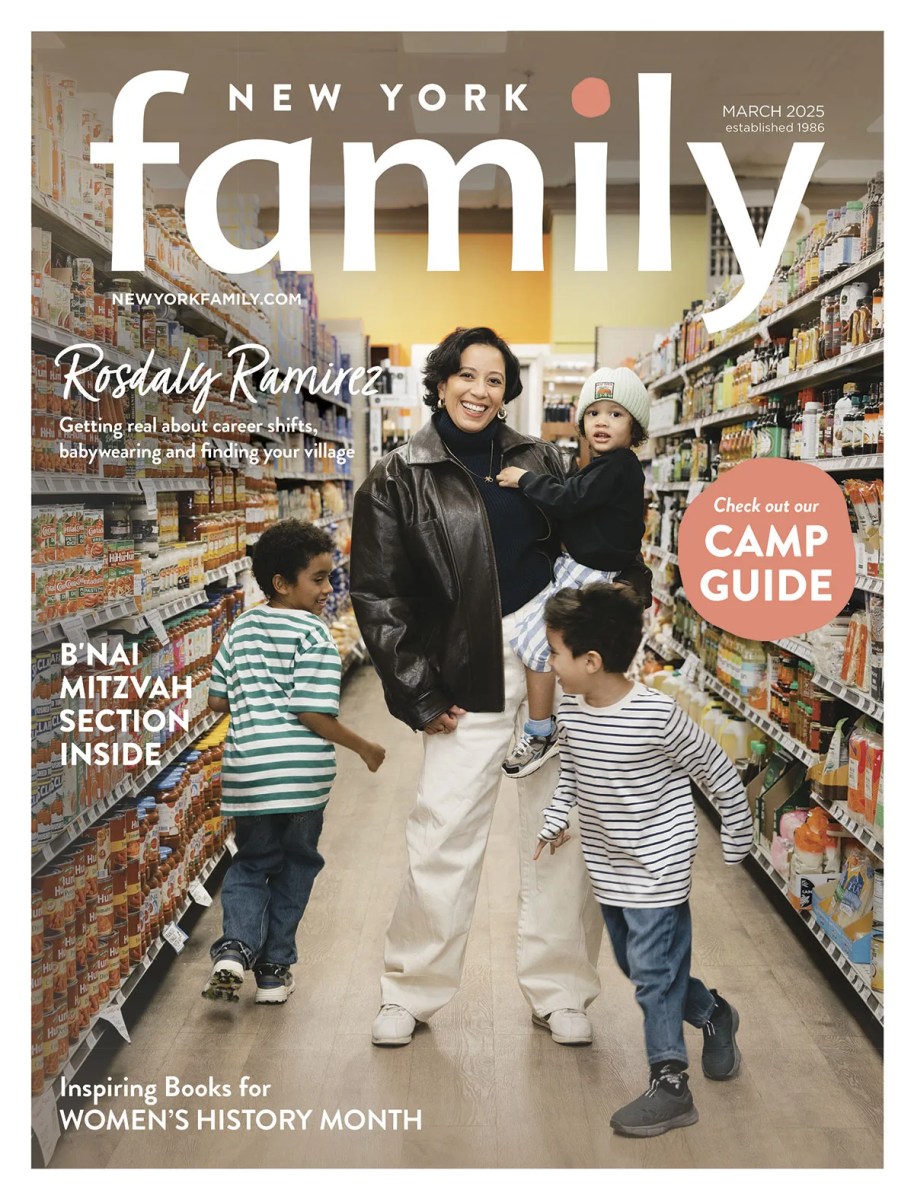 I have two older cousins who are, in spirit, my older brothers because we grew up in the same apartment building in Brooklyn—and, as I grew up, I spent as many family meals at their apartment as at my own, often deciding which to patronize in the very last minute (“I’m here!”), an arrangement that everyone seemed okay with. We three were together on Sunday, along with my college-age nephew and 11-year-old son, and since we don’t see each other that often, part of time needed to be spent chatting about wills and other serious and stressful family matters, even though the children were in attendance.
I have two older cousins who are, in spirit, my older brothers because we grew up in the same apartment building in Brooklyn—and, as I grew up, I spent as many family meals at their apartment as at my own, often deciding which to patronize in the very last minute (“I’m here!”), an arrangement that everyone seemed okay with. We three were together on Sunday, along with my college-age nephew and 11-year-old son, and since we don’t see each other that often, part of time needed to be spent chatting about wills and other serious and stressful family matters, even though the children were in attendance.
My college-age nephew, later: “I was bummed that this was all so serious and Uncle Gary is so negative. It brought me down.” My 11-year-old son, copying his older cousin: “Yeah, it was all so negative.”
Ha, if they only knew from some of the family meals I was privy to when I was their ages! Me, thinking to myself, given the subject matter and brotherly history, it was an incredibly supportive and productive conversation! So I even doubled down and tried to explain that to my nephew in a way that made him feel that his opinion was respected.
I was pretty good for me. I told him I know how he feels; I’ve been this situation with his uncle on many occasions; but one of the great lessons of my life has been that if you want to help someone, really help someone, it’s not good enough to just advise them on what you think they should do as if they were you. Life is complicated; we can’t know each other fully. To help, it may be even more important to connect supportively and respectfully, and be gracious in discussing what they see as their limitations, however negative that might seem to you.
He liked it. Score one for his maturity, and mine too. I had a mature day. As my kids grow up, I hope to file this one under “Note To Self.”
Eric Messinger is the editor of New York Family. He can be reached at emessinger@manhattanmedia.com.
